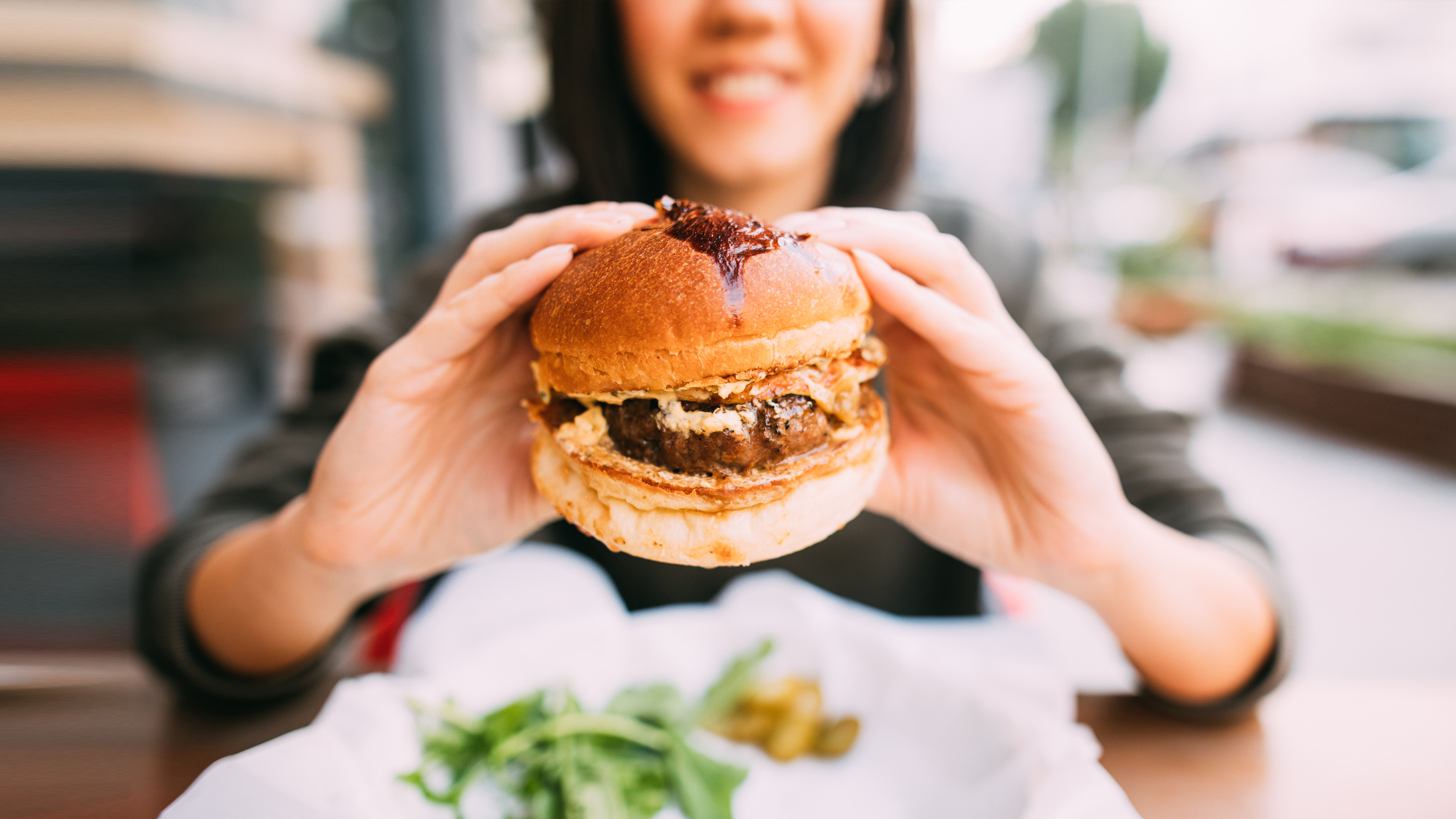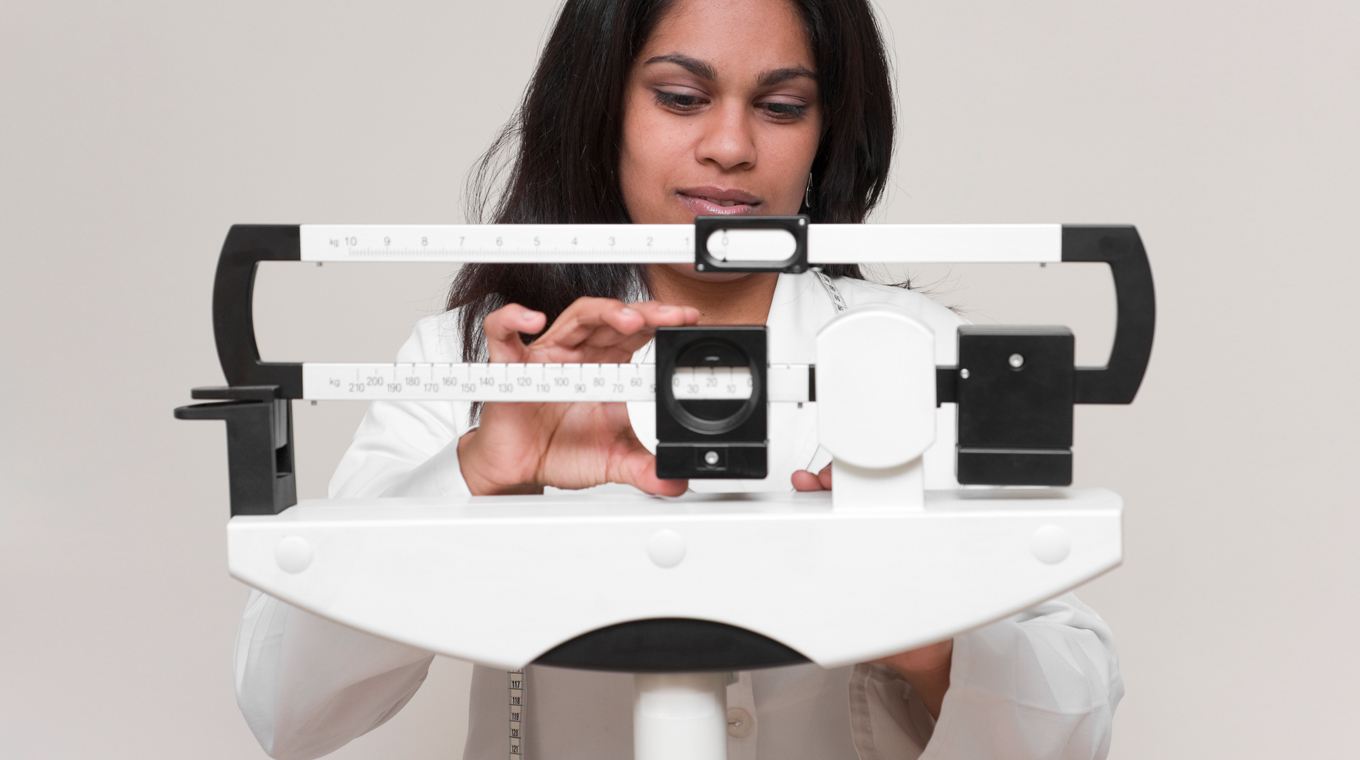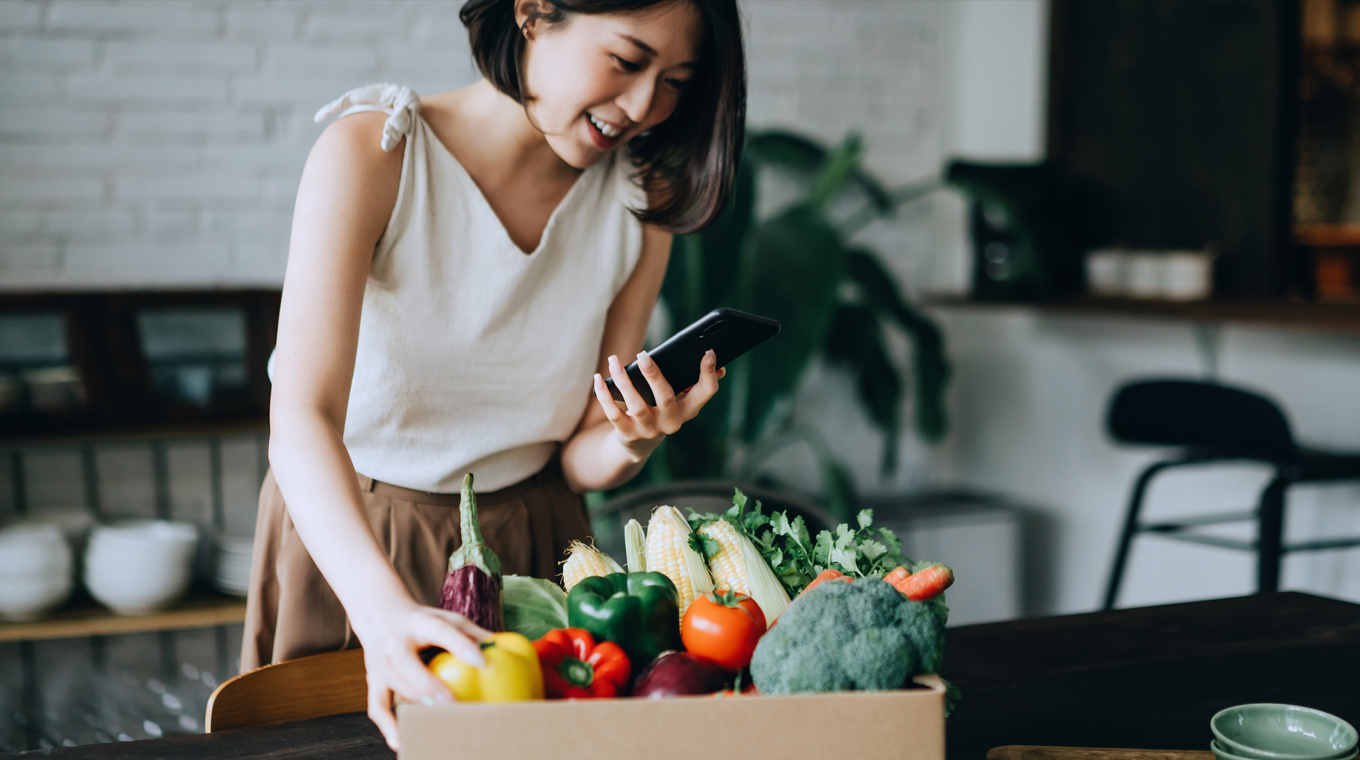
In this article
We already know that with breast cancer, the key to early detection is a breast self-exam. But there are things that you can do with your diet to help reduce the chance of getting breast cancer. Yes, diet and breast cancer risk is linked, and there are things that you're eating — or not eating — that might be increasing your risk. Let’s dive into exactly how.
How does a woman’s weight influence her breast cancer risk?

One of the major risk factors for women getting breast cancer is being overweight. When you are overweight, you have more fat tissue. More fat tissue means your body will have raised estrogen levels, which is said to be linked to breast cancer. In addition to estrogen, being overweight increases insulin levels that also are linked to an increase in breast cancer risk.
According to the American Cancer Society, the connection with weight and breast cancer has more to do with gaining weight as an adult rather than always being overweight. It is also thought that having extra weight in the waist is more of a risk than having it in the hips and thighs. So where you are overweight plays a role.
Studies are still unclear as to how losing weight affects your risk since few people actually lose weight and keep it off. However, activity level can help reduce the risk of breast cancer. It’s recommended to have 75 to 150 minutes of walking each week or some other cardiovascular activity.
Foods that cause breast cancer: What to avoid

"I believe wholeheartedly in my diet as a means of helping my body minimize the risk of cancer recurrence," mom and registered dietician – and cancer survivor — Diana Dyer told Cancer.org. "I now look at everything I eat in a very mindful way, asking myself, 'How does this food nourish me? How does it promote my recovery?' By asking myself these questions, I am acknowledging that food nourishes both the body and the soul."
Diet plays an important role in your cancer risk. In fact, it is thought that diet plays a contributing role in up to 40% of all cancers. Here are some things to avoid to minimize your risk:
- Avoid high-fat foods. A diet high in fat will increase the risk of becoming overweight, thus increasing your chance of getting cancer.
- Experts also feel that you should limit your intake of alcohol, particularly heavy drinking to reduce your risk of breast cancer.
- Limit processed meats. Foods like bacon and sausage may raise your risk of breast cancer; one study linked a diet high in processed meat to a 9% greater breast cancer risk.
- Avoid foods high in added sugar, which increases inflammation that can lead to cancer growth.
- Limit your intake of fast food and fried foods, which are high in fat.
- Refined carbs that you'll find in white bread and sweets are also foods that you should avoid.
Healthy eating: Foods that aren't breast cancer risk factors

Having a healthy immune system will help prevent getting breast cancer. Building a healthy immune system involves eating the right foods.
Here are the foods you should add to your diet to fight against breast cancer:
- Leafy green vegetables that include kale, arugula, spinach, mustard greens, and chard. These increase your levels of carotenoid antioxidants, which lower your risk.
- Citrus fruits such as oranges, grapefruits, lemons, limes, and tangerines. They contain vitamin C, folate, beta carotene, and flavonoid antioxidants that have anti-cancer properties.
- Fatty fish such as salmon and sardines. These contain omega-3 fatty acids, selenium, and antioxidants to help reduce breast cancer risk.
- Berries such as blueberries and strawberries. Like citrus fruits, these contain antioxidants and flavonoids. Blueberries in particular have shown promise in studies to reduce estrogen receptor negative (ER-) breast cancer.
- Probiotic foods such as fermented kimchi, miso, sauerkraut, and yogurt. These have immune-enhancing properties.
- Allium vegetables such as onions, garlic, and leeks. Studies have shown promising results in reducing breast cancer risk when consuming garlic and onions.
- Peaches, apples, and pears have a lot of studies conducted that show that the polyphenol antioxidants found in them help inhibit the growth and spread of breast cancer cells.
- Cruciferous vegetables such as broccoli, cabbage, and cauliflower that contain glucosinolate compounds. These can be converted into isothiocyanates, which have anticancer potential.
- Beans are thought to reduce cancer risk by up to 20% thanks to their fiber, vitamins, and minerals.
- Fresh herbs and spices can also add vitamins, fatty acids, and polyphenol antioxidants to fight against breast cancer.
- High-fiber foods are also thought to lower the risk of breast cancer.
Remember, it’s about your overall lifestyle that includes both exercise and diet choices. “Our study contributes to the evidence that lifestyle factors, such as modifiable dietary practices, may affect breast cancer risk,” Maryam Farvid, a lead author and research scientist at the Harvard T.H. Chan School of Public Health, told Today.
Ultimately, it may be the sum of all of our choices, and not just one or two modifications, that makes the biggest difference in the fight against breast cancer.




